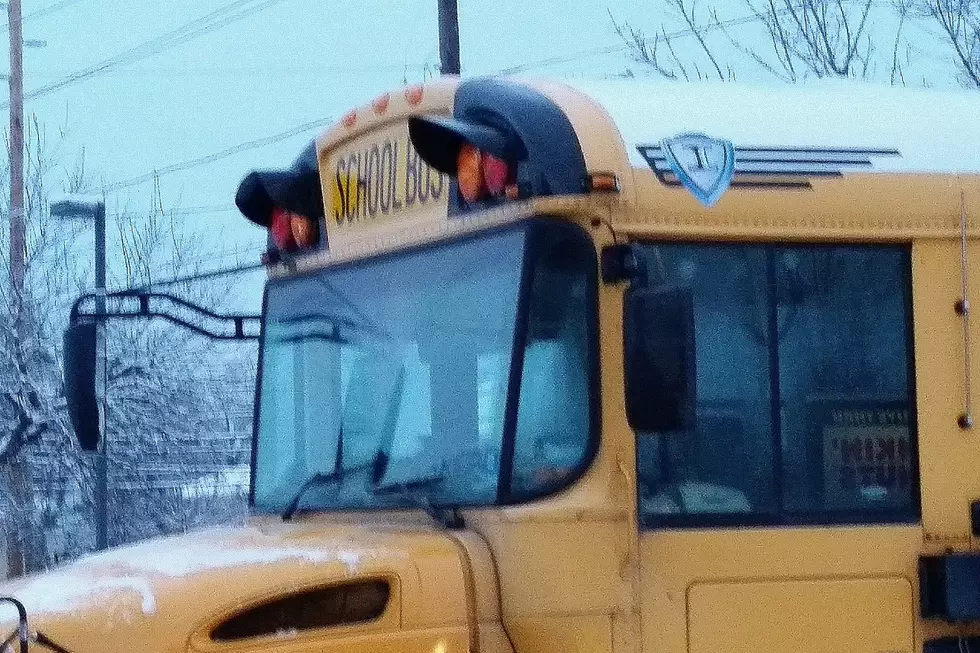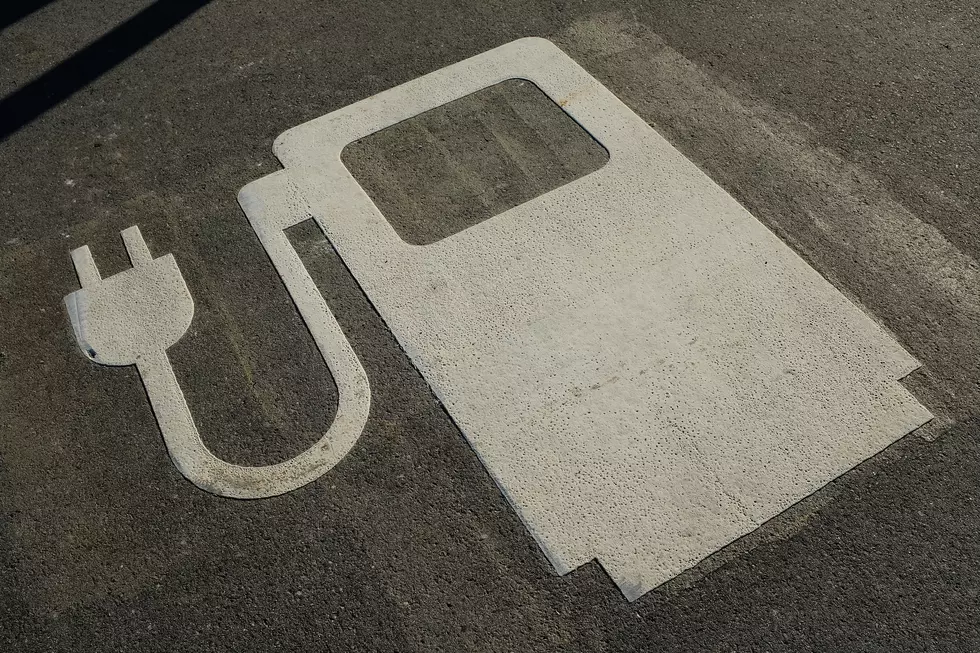
More electric school buses could help NJ pollution problem, says one advocate
Clean energy advocates are urging New Jersey officials to increase funding to get rid of diesel-fueled school buses and switch to zero-emission vehicles.
One of those advocates is state Sen. Patrick Diegnan (D-Middlesex), who plans to introduce a bill after the November election that would provide $15 million per year to fund electric school bus purchases in six school districts per year.
The three-year pilot program would be overseen by the New Jersey Economic Development Authority (NJEDA), which would also provide the funding. Diegnan said the locations of the districts would represent all areas of the state, including North, Central and South Jersey.
"So, to put this project in place in the three areas of the state – north, central and south – would have real data that we can make decisions based on," Diegnan said.
Diegnan said the vast majority of New Jersey's school bus fleet run on diesel fuel, which is one of the biggest pollutants.
According to information from the United States Environmental Protection Agency, diesel exhaust can have adverse affects on human health, especially for children whose lungs haven't fully developed yet.
With kids being the ones most negatively impacted by diesel exhaust, converting to clean energy school buses should be a top priority, according to Diegnan.
"I think it's good that the kids get to see the initiative and also that others get to see these school buses – that they're going through their neighborhoods and see that electric actually works," Diegnan said, adding that it might give people a sense of assurance if they see that clean energy is working with school buses.
Diegnan said it's almost counterproductive to stay with diesel buses when electric is the wave of the future, adding that it's important to turn directly to the electric buses once it's proven that they work properly, rather than slowly implement them into the districts.
While the NJEDA would provide the $15 million for the pilot program, the biggest hurdle still remains cost. According to James Woods of First Student, a company that is one of the largest providers of transportation in North America, and reported by NJ Spotlight, electric school buses can cost up to $300,000. That's triple the cost of buses that run on diesel.
And while the cost is steep, so is the cost of doing nothing.
Pointing to the recent devastation caused by Ida in the state, Diegnan said climate change is real and one way to deal with it is to have cleaner air.
"We have to deal with climate change and this is a good first step," he said.
Early voting locations in each NJ county
More From Beach Radio







